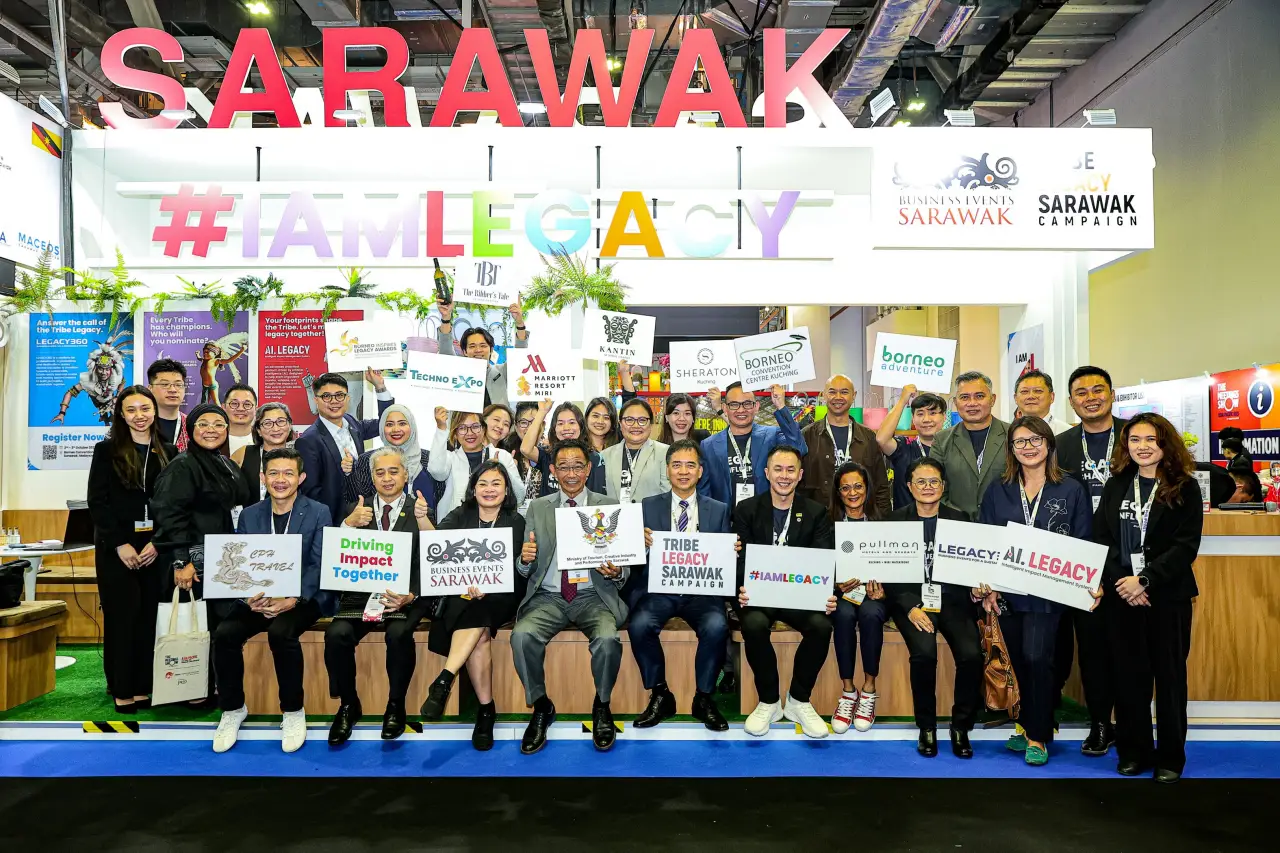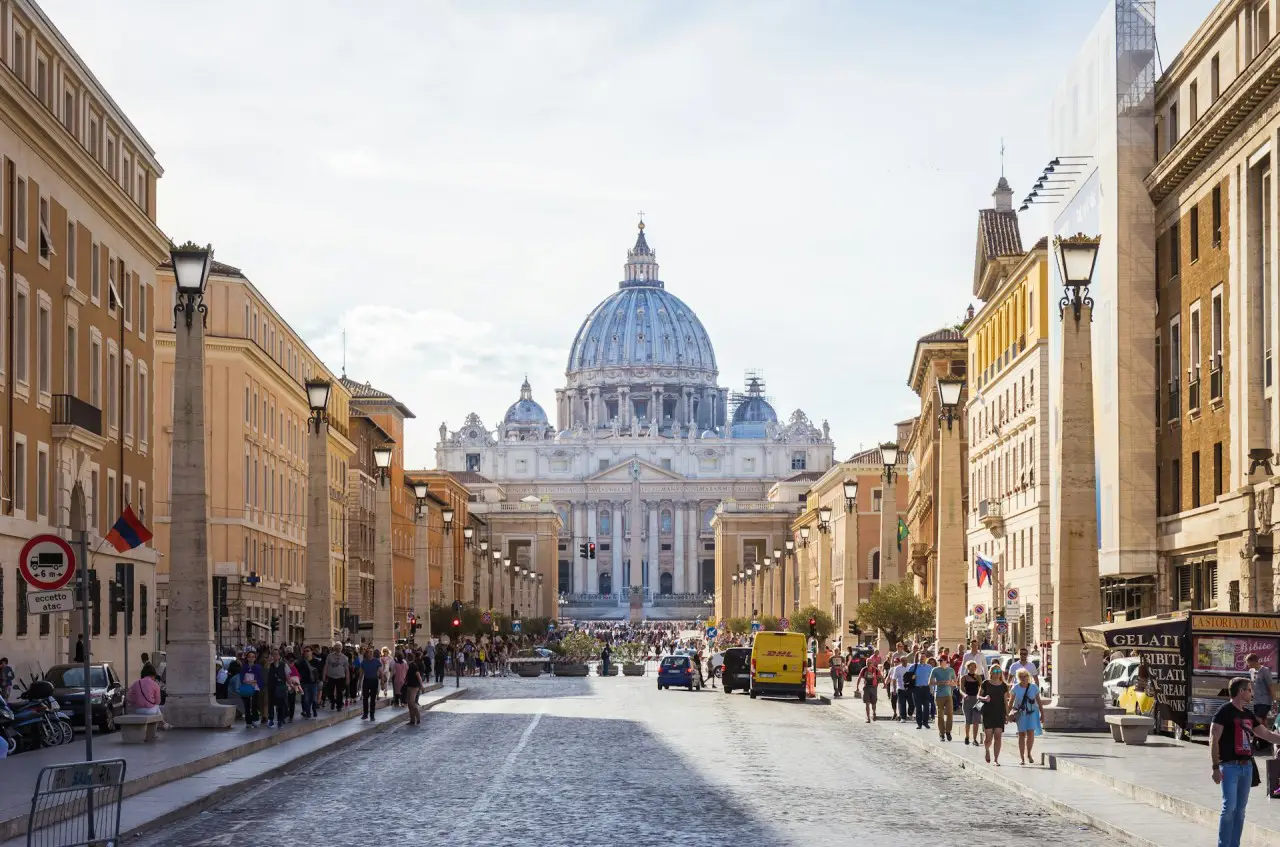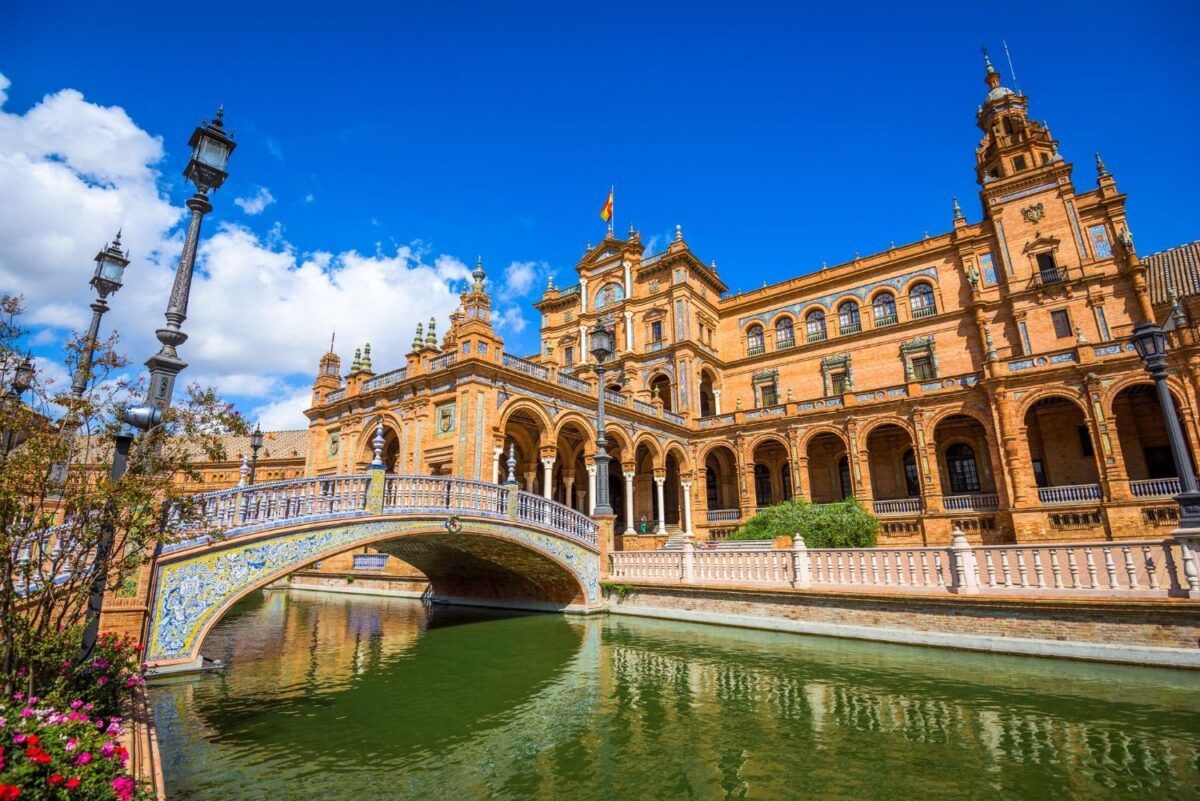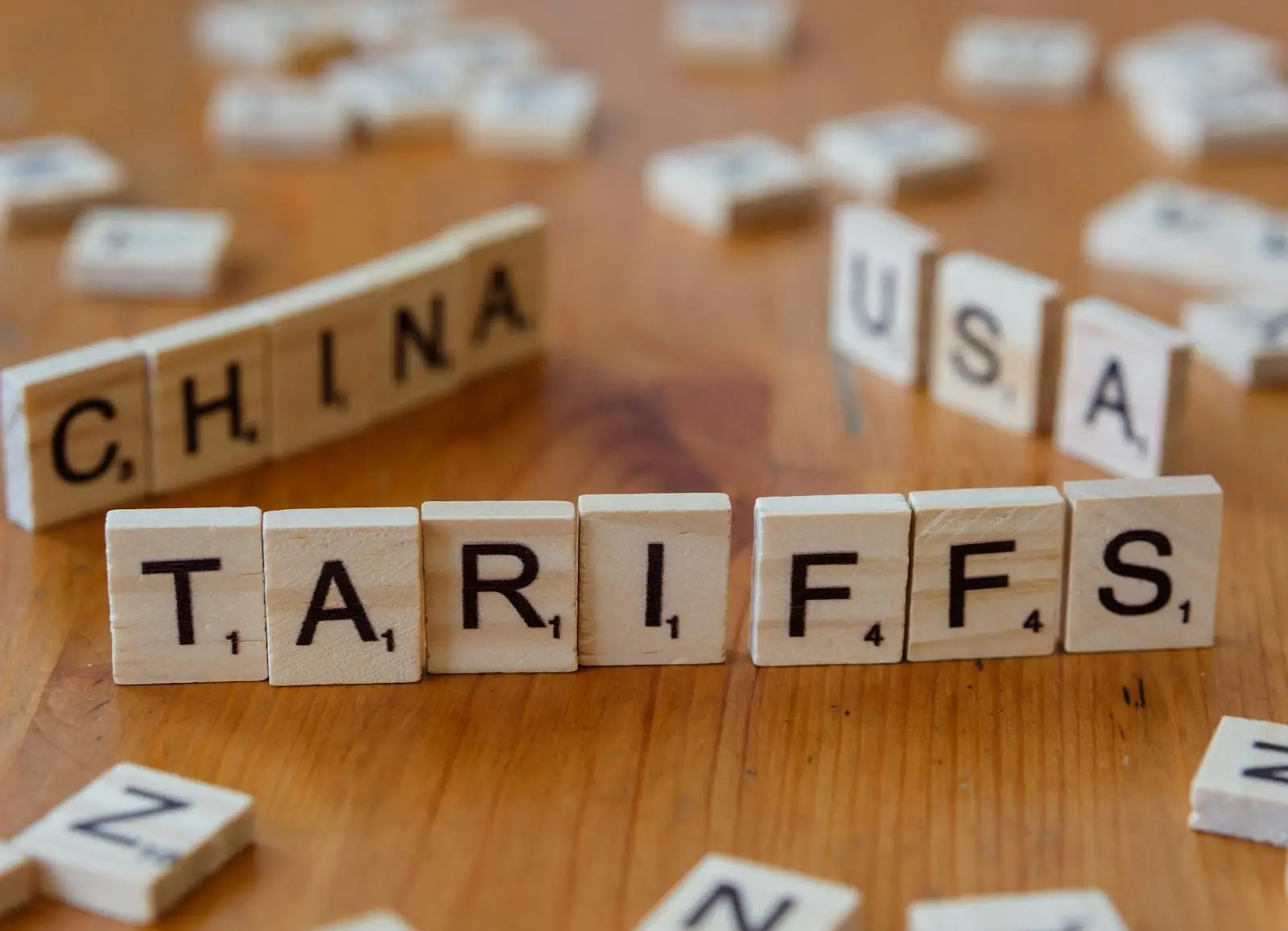Anurak Community Lodge at Khao Sok National Park in southern Thailand has launched ‘Rainforest Rising’ tree planting initiative for guests to join.
Apart from ecotourism activities at the lodge such as hiking, kayaking and jungle cooking, guests can help plant sapling trees. The initial aim is to return two rai (3,226 sqm; 0.8 acres) of former palm oil plantation beside the lodge to indigenous lowland evergreen forest by 2023. The final goal is to regenerate a further 10 rai (four acres) to have the same biodiversity and be indistinguishable from the adjacent Khao Sok National Park.
The site was cleared of forest more than 50 years ago. It was converted first into a coconut plantation, then, 40 years ago, a mixed fruit orchard with durian, mongosteen and longan. It was cleared again and planted with palm oil around 2007. However, palm oil plantations are ecologically sterile monocultures. They are poor habitats for birdlife and animals such as deer, hog badger, civet, Javan mongoose, pangolin, tapir, wild boar and loris, all of which are indigenous in the area and prefer seed and fruit diversity.
Anurak Lodge has therefore partnered with the Forest Restoration and Research Unit (FORRU) of Chiang Mai University to make sure the replanting process is optimised for the location. The eventual outcome will be to return the plot to lowland evergreen forest.
Anurak guests pay 300 baht (US$10) to plant a particular species of sapling in a given location, according to the plan created by FORRU. Guests also receive a Rainforest Rising t-shirt and can opt in to stay updated by email on the progress of “their” tree and the project overall.
The lodge also has also created an information centre explaining the importance of biodiversity and practical considerations when regenerating forest cover.
“By planting trees, absorbing all the information, talking to our gardeners and joining our ecotourism activities, guests get a very rewarding and insightful ‘back to nature’ experience,” said George Newling-Ward, manager of the lodge. “They also contribute to the long-term ecological well being of the area.”
Replanted species will have dense crowns to shade out weeds. Species such as cotton fruit, tree bean, black plum and Burmese grape tree are preferred as saplings as they grow quickly to produce fleshy fruits. The 17 species of tree recommended by FORRU are good for attracting wildlife and seed dispersal by birds such as Blue-throated Barbet, Oriental White-Eyes and a variety of Bulbuls.
Newling-Ward said that after the coronavirus crisis has passed, the Rainforest Rising project should appeal to school and college groups. FORRU can bring in staff from its research plantation in Krabi to lead study groups and help students plant small trees.













